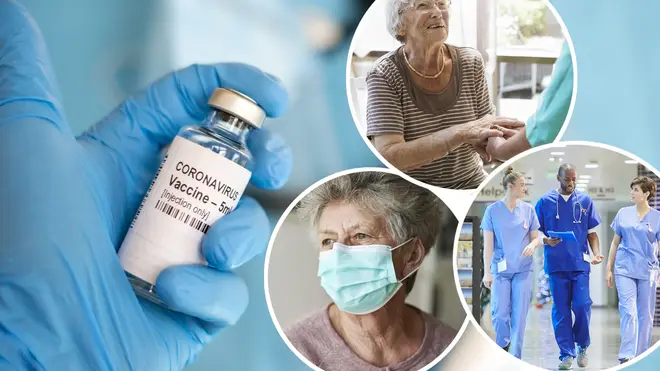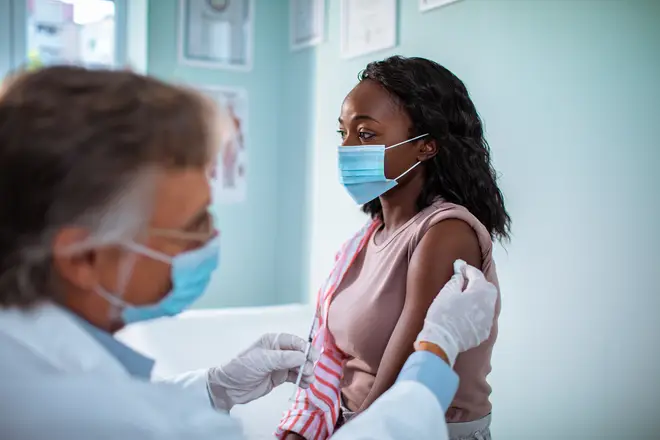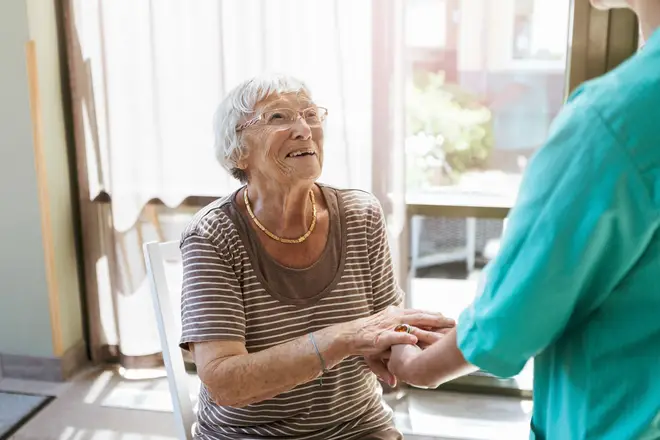Experts reveal who will be the first to receive coronavirus vaccine
10 November 2020, 11:31

As people celebrate the breakthrough in a vaccine against COVID-19, others are questioning when they may be able to receive it.

Dr Hilary explains how exactly the vaccine will work and who will be receiving it first
This week, Pfizer and BioNTech announced that their developing vaccine against coronavirus was found to be 90 per cent effective in phase three trials.
The firm said on Monday: "Today is a great day for science and humanity", as people celebrated the much-needed positive news.
While the vaccine news is promising, people have been warned to continue to follow lockdown and social distancing rules as finalisations are made.
However, many have been asking how long it will take for them to be able to have the vaccine, and who will be the first to get a dose.
READ MORE: Dr Hilary clears up reports mouthwash can kill off coronavirus

In the UK, it is believed that care home residents and workers will be the first to receive the vaccine, followed by front line workers and those over a certain age.
Speaking to Lorraine Kelly on her morning show, resident doctor Dr Hilary revealed: "It will be care home residents who we know are very vulnerable, and the workers who work their too.
"It will be be front line staff, working in NHS hospitals, they will be tested on a weekly basis we're told very soon."

He continued to explain: "Also it will be given to the over 85s and the over 80s and the over 75s, so age is one of the biggest risk factors of all.
"So in order of priority of age, it will be given to the elderly first, and then of course to people with pre-exisiting conditions which make them more vulnerable.
"And then to everybody else down the line, so that might be next year that some people are offered the vaccine."
He added that the news of the vaccine was the "best Christmas present" we could have hoped for.
READ NOW: Coronavirus vaccine found to be 90 per cent effective in preventing COVID-19























